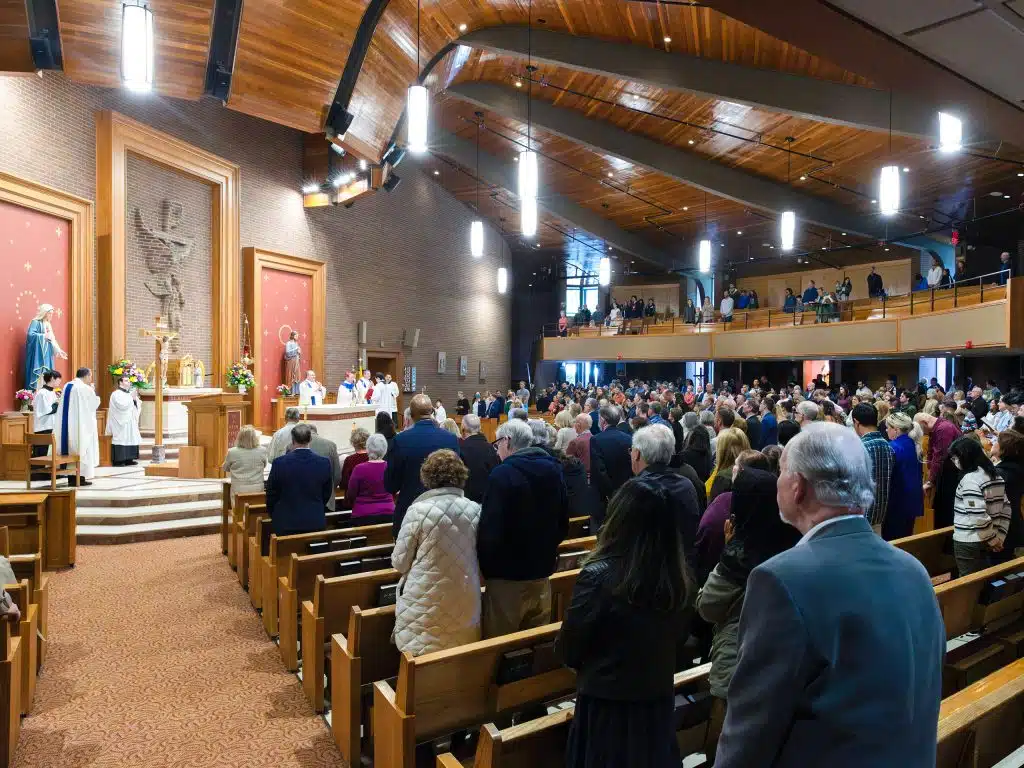Q. One of my sisters who is Lutheran recently moved to an area where there is no Lutheran church, so she started attending Mass at a nearby Catholic parish. She has been receiving the Eucharist at Mass even though she is not Catholic. She says that she asked the Catholic pastor and he said that it was OK. Is it?
I find this completely wrong because when I converted to the Catholic faith 30 years ago, I was required to complete RCIA classes. Has anything changed on this? (Chesapeake, Va.)
A. As a general rule, the church’s Code of Canon Law provides that Catholic ministers lawfully administer Catholic sacraments only to Catholics (Canon 844.1). That same canon does go on to say that there are certain situations in which believing non-Catholics might be admitted to the sacraments, but only under very specific circumstances.
Canon 844.4 explains that “if the danger of death is present or if, in the judgment of the diocesan bishop or conference of bishops, some other grave necessity urges it, Catholic ministers administer these same sacraments licitly also to other Christians not having full communion with the Catholic Church, who cannot approach a minister of their own community and who seek such on their own accord, provided that they manifest Catholic faith in respect to these sacraments and are properly disposed.”
From the wording of the canon, it would seem that all of these several conditions must be satisfied; it would not be enough, for example, simply that the non-Catholic acknowledges the reality of Christ present under the symbols of bread and wine. Some typical examples of “grave necessity” I have seen mentioned include a non-Catholic soldier who is present at Mass and about to go into battle or someone gravely ill in a nursing home whose own minister rarely visits.
This same canon does give some latitude to a bishop in determining what qualifies as a “grave necessity,” so I would think that the safest course would be to contact your own diocesan office. It may be that your diocese has issued guidelines; and it could hinge, for example, on just how inconvenient it would be for your sister to attend the nearest Lutheran church.


